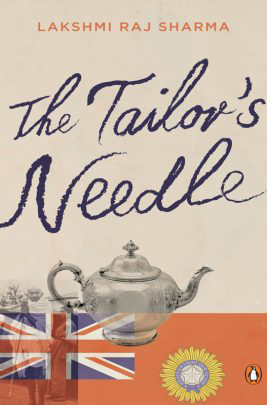
#Language is a #Social Imposition
Language is a social imposition. It is also like a cage in which we live our lives half-heartedly. Of course, without language there would be little progress in the world of advancement. There would be few traditions. Perhaps only those traditions which could be managed without this communicating device would survive without language. In a language-less world, there would be little discipline. People would not convey enough with each other. In short, there would be the law of the jungle in which might was right.
This brings us back to the much-debated question of why language is so necessary for human survival. Without it, we would be more like other species of animals. Yet the language of social interaction and socialization is an imposition that forces us to think in limited ways, along narrow social lines. It curbs individuality, bringing in a kind of social regimentation. It strategizes hierarchies and a semblance of order. It, therefore, changes individual fates, fostering a growth that is in predetermined areas alone. The genius born before his times may hardly get credit while the one who picks things up mechanically or through constant practice (within a lingual system) seems a superior being. Language is ultimately a necessary evil but its practical value cannot be overemphasized.
Language encloses us within its limits, somewhat like cattle are enclosed within a fence. The classicist tradition in its strictest sense can also similarly enclose its supporters. Creative users of the language, particularly those with romantic perceptions, find ways of escape from this imprisonment. They find ways out through metaphor, symbol, alliteration, rhyme, rhythmic expression, allegory, magic, irony, and other literary devices. They bypass the bitterness of the entrapping-real-world through fantasy, romanticism, magical realism, and other similar strategies. It is all a question of how much freedom the imagination is allowed as opposed to the preference given to the rational mind. This mind derives its essence from socially conceived paradigms.
Society harnesses with the help of the rational mind whereas the imagination sets free. The imagination takes you beyond what can be conceived through commonplace language. We travel into realms of little statement and much seeing. Perhaps the lunatic, the lover, and the poet – as Shakespeare, clubbed them – have the ability to pull down social barriers and look into the life (or crux) of things.
Men and women are destined to remain caged in our linguistic environments. We can never walk freely as lions do. Nor can we take the flights eagles take. We cannot find the joys that children find through their lingual ignorance. The one who can ride the wave of success on social language is the politician because he rarely attempts truthful expression. He makes use of rhetoric that is skin deep. In fact he leads us all with the help of his social linguistic machinery. His rhetoric seems so impressive because it gives us the illusion that there can be freedom even within the prison house of language.

